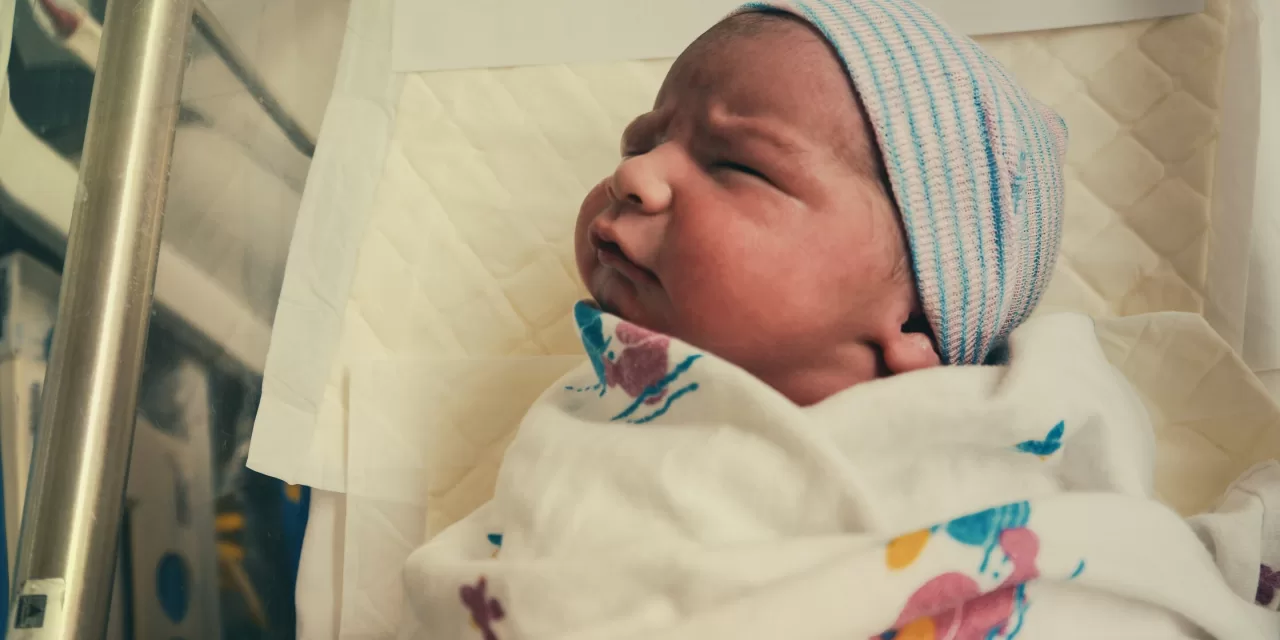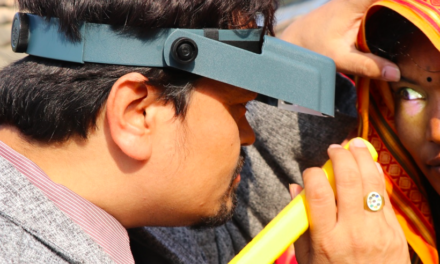The question of whether babies possess an innate moral compass has intrigued researchers for decades. Are infants naturally inclined to distinguish between right and wrong, or do they develop moral understanding through social interactions? A recent study has cast doubt on the long-held belief that morality is hardwired from birth.
The Debate on Infant Morality
For years, psychologists have debated whether morality is an inherent trait or a learned behavior. Some early experiments suggested that infants prefer helpful individuals over those who act harmfully, hinting at an inborn moral instinct. However, fresh research suggests that morality may not be present from birth, challenging this widely held assumption.
Dr. Kiley Hamlin of the University of British Columbia has been at the forefront of this inquiry, conducting studies to determine whether infants display moral preferences before acquiring language skills.
Revisiting the Theory
Classical philosophers such as John Locke argued that the human mind begins as a “tabula rasa”—a blank slate—on which experience imprints knowledge. According to this view, children develop moral understanding through observation and social interaction rather than being born with an inherent sense of right and wrong.
In an effort to test the validity of previous studies, researchers recently attempted to replicate earlier findings using a different approach. Instead of live puppet shows, they used video stimuli and tested a larger sample of infants. The results revealed no consistent preference for pro-social individuals, suggesting that previous conclusions may have been influenced by experimental design rather than a universal moral instinct in babies.
Possible Explanations
Scientists have proposed several explanations for these findings. One theory suggests that babies require more exposure to social environments before forming moral judgments. Others argue that slight variations in study methods can significantly impact infants’ responses.
Dr. Michael Frank, founder of the ManyBabies consortium, cautions against drawing hasty conclusions. “Some people will jump to the interpretation that the original finding was incorrect, but we shouldn’t be so quick to judge,” he noted.
Developmental psychology theories also offer insights into this ongoing debate. Jean Piaget’s research suggests that moral reasoning evolves in stages, implying that young infants may not yet have developed the ability to judge right from wrong. Similarly, Lawrence Kohlberg’s six-stage model of moral development proposes that sophisticated ethical reasoning emerges with cognitive growth, which occurs gradually over time.
Additionally, cultural and environmental factors may play a critical role in shaping morality. Many parents actively teach their children to distinguish between good and bad behaviors, which could mean that moral awareness develops through experience rather than being an innate trait.
Challenges in Studying Infant Morality
Studying infant behavior presents unique challenges. Subtle changes in research methods—such as the mode of stimulus presentation or the child’s level of alertness—can affect outcomes. Researchers are now exploring advanced techniques such as eye-tracking, heart rate monitoring, and brain imaging to better understand how infants process moral cues.
Psychologist Paul Bloom has argued that young children may exhibit empathy and compassion from an early age. However, others suggest that moral preferences develop through repeated exposure to social interactions, such as seeing caregivers comfort someone in distress.
The Importance of Replication
Replicability is a cornerstone of scientific inquiry. When studies yield inconsistent results, it underscores the complexity of human development rather than discrediting previous research. Large-scale collaborations involving diverse samples can help provide more reliable insights into infant morality.
While no single study can offer definitive answers, ongoing research continues to refine our understanding of how moral reasoning develops in early childhood.
Implications for Parents
Experts encourage parents to observe their children’s spontaneous responses to kindness and aggression. Praising acts of sharing and empathy can reinforce positive social behaviors. Early interventions, such as modeling compassionate behavior, may contribute to moral development later in life.
Unanswered Questions
Many psychologists are now exploring how cultural differences influence moral development in infancy. Do babies raised in communal societies show different moral inclinations than those from individualistic cultures? Future studies with cross-cultural data may help answer these questions.
The debate over whether morality is innate or learned remains unresolved. However, as researchers develop more sophisticated tools to study infant cognition, they move closer to uncovering the origins of human morality.
The study has been published in Developmental Science.
Disclaimer: The findings presented in this article are based on current research and are subject to further validation. Science is an evolving field, and interpretations may change with new evidence. Readers are encouraged to consult primary sources for deeper insights.











